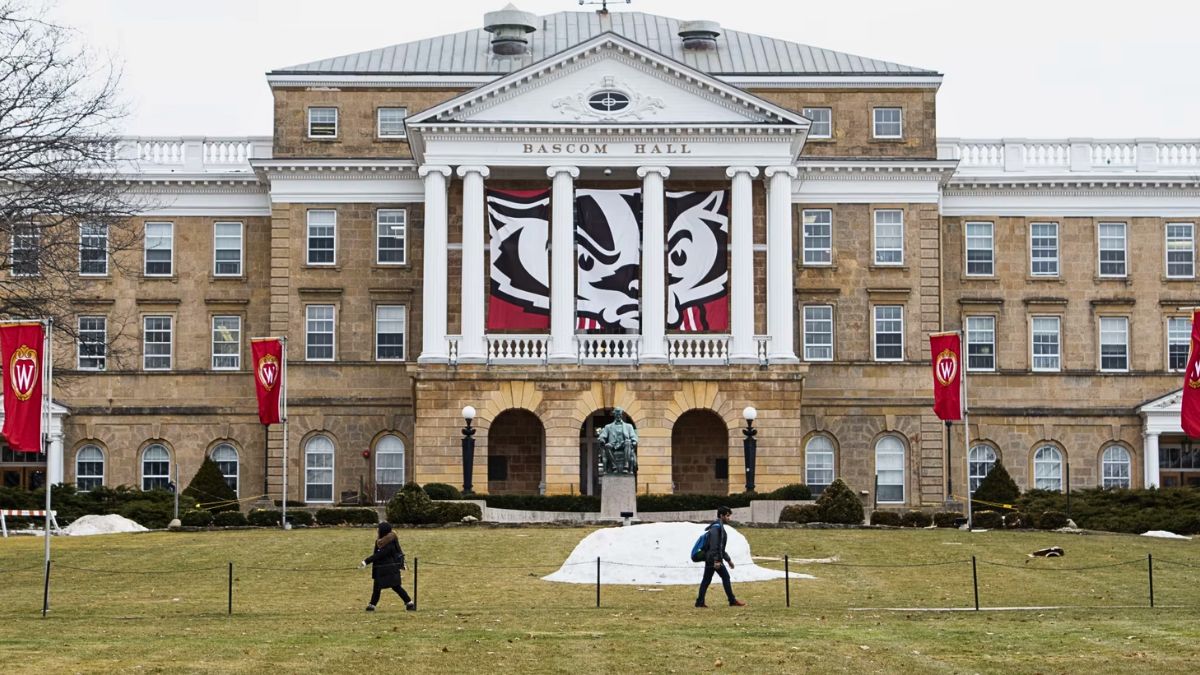U.S. colleges are preparing for a sharp drop in international student enrollment as uncertainty, visa delays, and policy changes create an atmosphere of fear. Many students, who once dreamed of pursuing their degrees in America, now question whether the U.S. is still a safe and welcoming destination.
One such student is Othman Alotaibi, a Kuwaiti master’s student in chemical engineering at the University of Pennsylvania. While he praises his professors and Philadelphia’s hospitality, he admits he will not pursue his doctoral degree in the U.S. “I feel like I’m trapped,” he says, citing concerns over travel restrictions and visa issues.
Visa Challenges
International students are facing significant hurdles in securing or renewing their visas. Travel bans, long processing times, and sudden policy shifts have left many afraid to leave the country during breaks.
According to NAFSA: Association of International Educators, new international student enrollment could fall by 30–40% this academic year, with overall enrollment dropping by 15%. That decline could cost U.S. colleges nearly $7 billion in lost revenue.
Some students, like Alotaibi, have skipped trips home altogether to avoid the risk of being denied reentry. Even though Kuwait is not on restricted travel lists, he fears increased scrutiny due to his nationality.
College Responses
Philadelphia-area colleges are stepping in to reassure and support their students. Bryn Mawr College has increased communication through Zoom calls and email, offering help with visa concerns and arrival logistics. Haverford College has gone as far as providing free summer housing for students unable to return home.
Temple University is offering flexible options, including starting classes at its Japan or Rome campuses or taking courses online. Swarthmore College, while seeing a small number of visa denials, still expects 14% of its incoming class to be international.
Some schools, like Rutgers University, are even reporting increases in enrollment, but the overall trend nationwide remains negative.
| College/University | Projected Change in International Enrollment |
|---|---|
| Bryn Mawr College | Increase from 45 to 54 new students |
| Haverford College | 14% decline in new students |
| Swarthmore College | Stable at 14% of incoming class |
| Rutgers University | 10–12% increase |
| Temple University | 4.9% overall increase |
Student Fears
Students’ fears are not unfounded. Recent reports of deportations and visa cancellations — even for students with valid paperwork — have fueled anxiety.
Earlier this year, the deportation case of a Turkish doctoral student at Tufts University caught national attention. Though a judge later ordered her release, the incident left many feeling vulnerable.
“I follow the rules, I have my visa, but I still feel unsafe,” says Alotaibi. “We are here to do good and live good.”
What’s at Stake
International students bring cultural diversity, global perspectives, and research expertise to U.S. campuses. They also contribute significantly to the economy through tuition, housing, and daily expenses.
Without them, universities risk losing not just financial support but also the innovation and talent that these students bring. Faculty members, like Penn’s Lorena Grundy, warn that the U.S. could lose a generation of global leaders to other countries such as the UK, Canada, or Australia, which are actively welcoming them.
American higher education is at a crossroads. To remain competitive, colleges must not only adapt to changing immigration policies but also rebuild trust with students around the world.
For official guidance on student visas, see the U.S. Department of State’s student visa page.
FAQs
Why are fewer international students coming to the USA?
Visa delays, policy changes, and safety concerns.
How much could colleges lose from the decline?
Around $7 billion nationwide.
Which schools are seeing enrollment increases?
Rutgers and Temple universities.
What support is offered to students?
Housing, online courses, and transition programs.
Which countries are attracting these students instead?
UK, Canada, and Australia.




